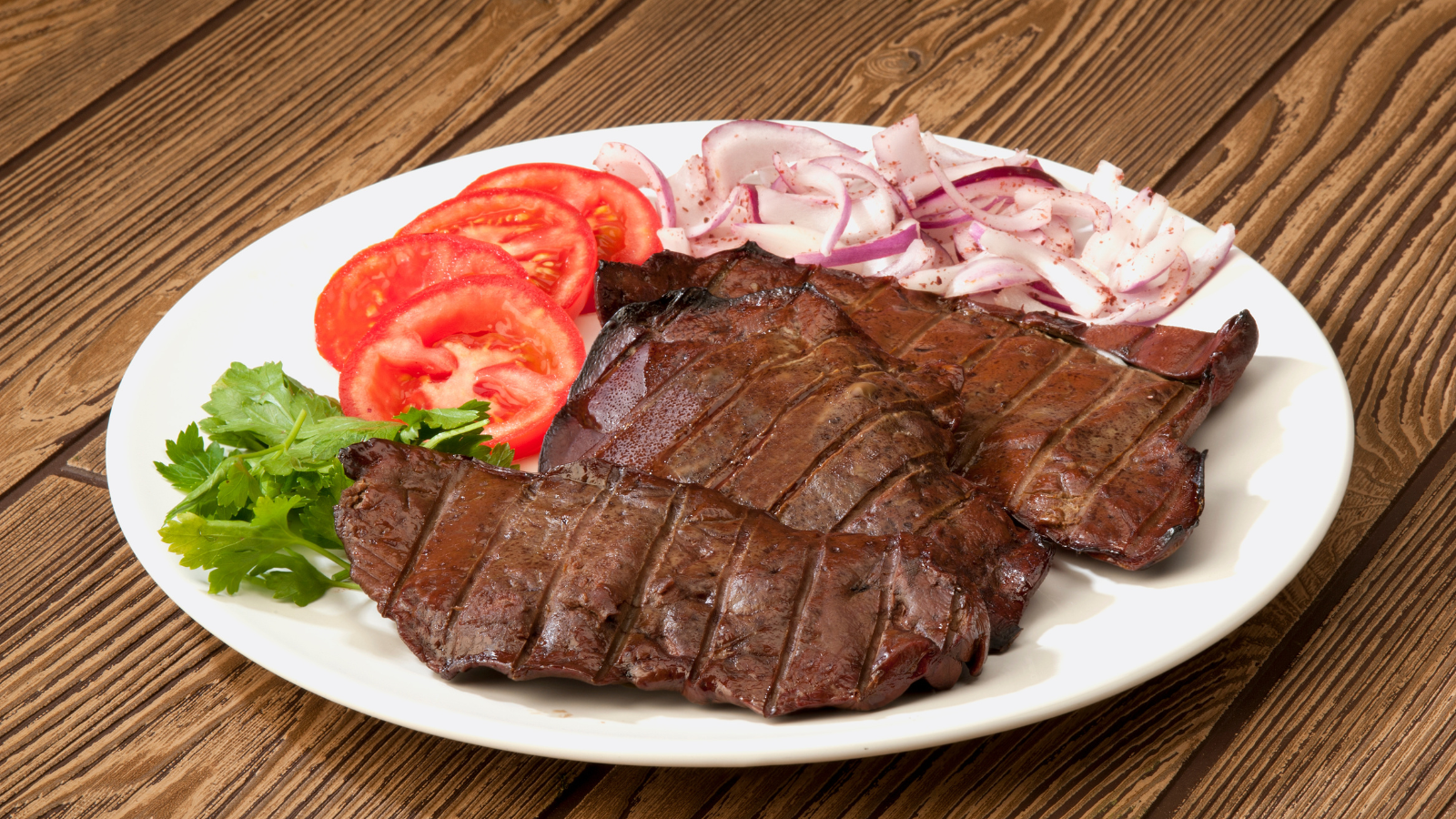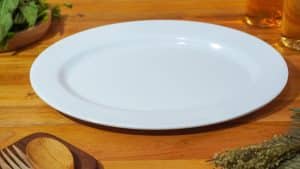When it comes to eating for health, performance, and longevity, nutrient density matters. Foods that offer the most vitamins, minerals, and macronutrients per calorie are considered the gold standard in functional nutrition. So where does beef liver stand in this ranking? Is it truly the most nutrient-dense food, or are there others that beat it?
The short answer: beef liver is arguably the most nutrient-dense food on the planet. But to be objective, we’ll compare it to other superfoods and assess their nutrient profiles across key categories like vitamins, minerals, protein quality, and bioavailability.
What Makes a Food Nutrient-Dense?
Nutrient density is measured by how many essential nutrients a food provides relative to its calorie content. The more vitamins, minerals, amino acids, and beneficial compounds you get in fewer calories, the more nutrient-dense the food is.
Beef liver is often cited as the most nutrient-dense food because it delivers exceptional amounts of:
- Vitamin A
- B vitamins (especially B12, B2, folate)
- Iron and zinc
- Copper and selenium
- High-quality protein
Now let’s see how it stacks up against other contenders.
Top 5 Nutrient-Dense Foods and How They Compare to Beef Liver
- Beef Liver (4 oz cooked)
Calories: ~180
Protein: 23g
Vitamin A: 731% DV
B12: 1,386% DV
Iron: 35% DV (heme iron, highly bioavailable)
Folate: 65% DV
Copper: 1,620% DV
Selenium: 47% DV
Why it stands out: Beef liver offers extremely high concentrations of essential nutrients in small portions. It especially excels in vitamin A, B12, and copper. For people with deficiencies or performance needs, liver is a natural multivitamin.
Limitations: High in vitamin A—can be toxic if eaten in large daily amounts. Some may dislike the taste or texture.
- Sardines (3.75 oz canned in water)
Calories: ~190
Protein: 23g
Omega-3s: 1,000+ mg
B12: 338% DV
Vitamin D: 68% DV
Calcium: 35% DV (from edible bones)
Selenium: 87% DV
Why it’s powerful: Sardines pack omega-3s, calcium, and vitamin D—nutrients often missing from modern diets. They’re also high in B12 and easier to consume regularly than liver.
Compared to beef liver: Lower in vitamin A and iron but adds omega-3 fatty acids and bone-building minerals like calcium.
- Egg Yolks (2 large eggs)
Calories: ~110
Protein: 7g
Choline: 50% DV
Vitamin A: 20% DV
B12: 25% DV
Selenium: 28% DV
Vitamin D: 15% DV
Why it’s valuable: Egg yolks are rich in choline for brain health, vitamin D, and healthy fats. They’re a complete protein source and versatile.
Compared to beef liver: Lower in most micronutrients but provides choline and fat-soluble vitamins in a more palatable, everyday form.
- Spinach (1 cup cooked)
Calories: ~40
Vitamin A (beta-carotene): 105% DV
Iron: 36% DV (non-heme)
Magnesium: 40% DV
Folate: 66% DV
Vitamin K: 987% DV
Why it’s nutrient-dense: Spinach provides a large amount of vitamins per calorie, especially vitamin K, folate, and magnesium.
Compared to beef liver: Excellent for magnesium and vitamin K but lacks the high-quality heme iron and complete proteins found in liver.
- Shellfish (Oysters, 3 oz cooked)
Calories: ~100
Protein: 10g
Zinc: 493% DV
B12: 324% DV
Copper: 223% DV
Selenium: 91% DV
Iron: 23% DV
Why they’re superfoods: Oysters are unmatched in zinc content and deliver a wide range of trace minerals.
Compared to beef liver: Strong in minerals like zinc and copper, but lower in vitamin A and protein.
Why Beef Liver Ranks Number One in Nutrient Density
While the other foods offer unique benefits, beef liver still delivers the most nutrients per gram across a wider range of essential categories. Here’s how it leads:
- Vitamin A: No other food delivers as much usable (preformed) vitamin A.
- B12 and Iron: Perfect for energy, red blood cell production, and muscle recovery.
- Copper and Zinc: Rarely found in such high amounts in natural foods.
- Protein: Complete amino acid profile for muscle growth and repair.
It’s also worth noting that the nutrients in beef liver are highly bioavailable, meaning your body absorbs and uses them efficiently—unlike some plant-based nutrients which may require enhancers (like vitamin C for iron absorption from plants).
Key Benefits of Eating Beef Liver
- Supports red blood cell production and oxygen delivery
- Boosts natural energy and reduces fatigue
- Enhances immune function
- Supports hormone production and thyroid health
- Improves skin, eye, and brain health
How to Safely Include Beef Liver in Your Diet
- Eat 1 to 2 servings per week (3 to 4 oz each) to avoid vitamin A toxicity
- Pair with vitamin C-rich foods to enhance iron absorption
- Try freeze-dried liver capsules if the taste is a barrier
Key Takeaways – most nutrient-dense food
- Beef liver is the most nutrient-dense food based on vitamins, minerals, and bioavailability
- Sardines, oysters, spinach, egg yolks, and shellfish are excellent alternatives that offer unique nutrients
- No single food offers as much variety and concentration of essential nutrients as beef liver
- Including a variety of nutrient-dense foods ensures balanced nutrition and long-term health benefits
Read Next…
- Get Your Body Ready for a 7 Day Fast
- What You Should Eat After a Workout To Get Maximum Results
- How Loneliness Equals Smoking 15 Cigarettes Daily
- What Happens If You Stop Drinking Coffee for 30 Days
- Why You Need to Wear a Smartwatch to Bed If You Can’t Sleep
Join the Faith & Fitness Family
Subscribe now and get exclusive access to Bible-based fitness content and more!
Bonus: iPhone users get a 14-day free trial of our Faith & Fit workout app!
📩 Important: Please confirm your subscription within 7 days. Unconfirmed emails will be removed to help prevent spam and ensure we only send content to those who want it.
👉 Stay strong in faith and fitness — subscribe today!






